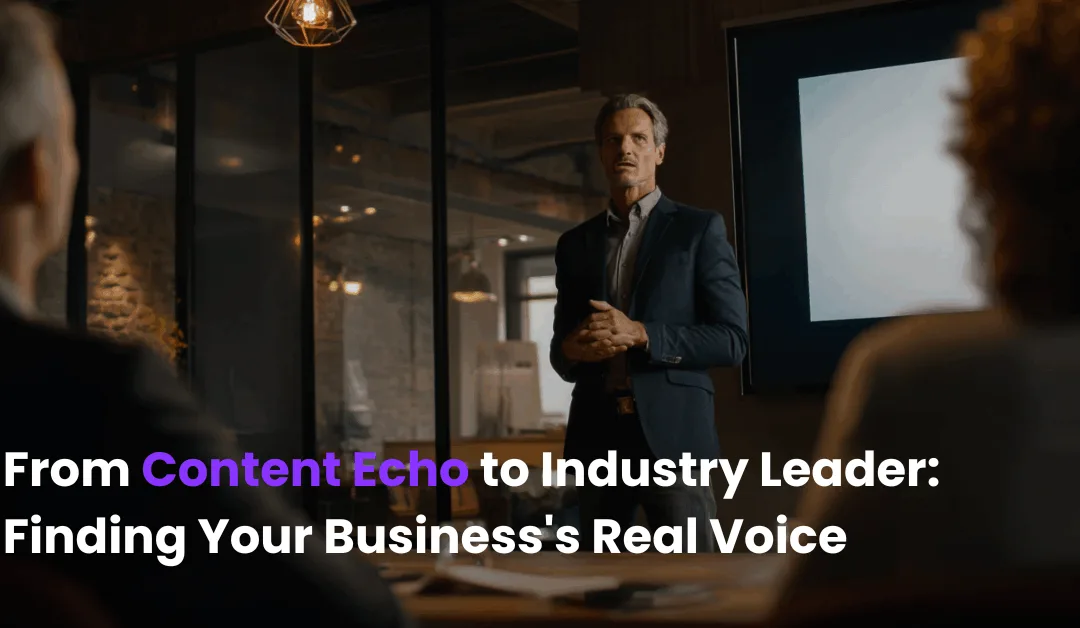
by Gavin Heaton | Oct 22, 2025 | B2B Marketing, Content Marketing, Innovation
My mornings don’t usually kick off with spreadsheets and data. Instead, they often start with a simple question: what truly matters right now? And not just to me, but to the people I’m trying to connect with, to influence, to help. Marketers, for as long...
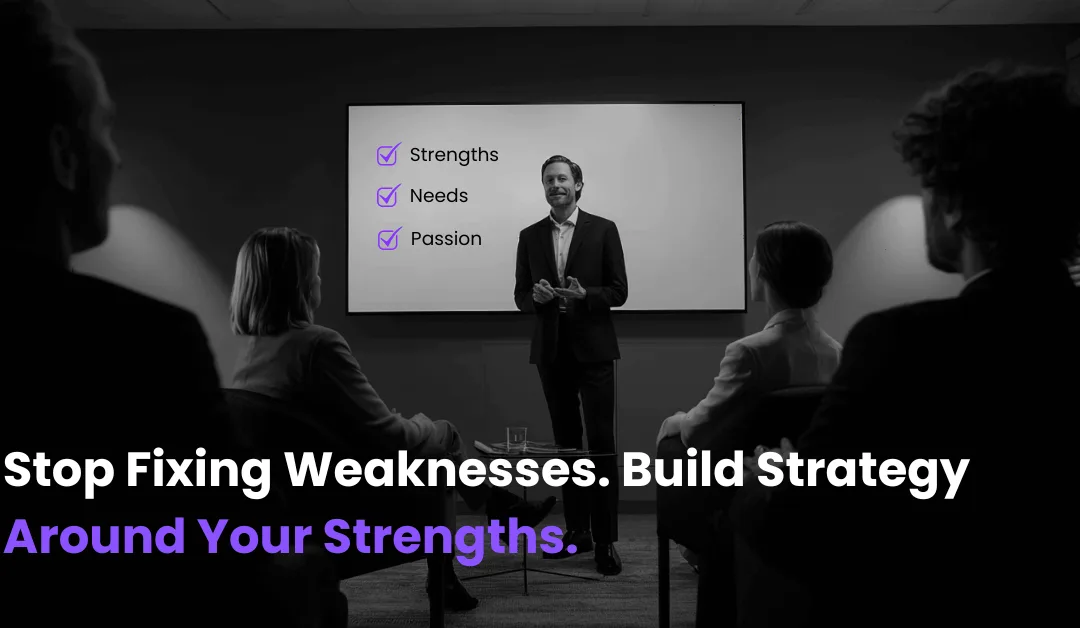
by Gavin Heaton | Oct 20, 2025 | Innovation, Innovation Labs, Innovation Strategy, Strategy
For decades, organisations have been told to focus on their weaknesses. Fix the gaps. Plug the holes. Train harder. Do more with less. But what if that’s the wrong approach? Recent research from leadership experts Zenger Folkman suggests that strengths-based...
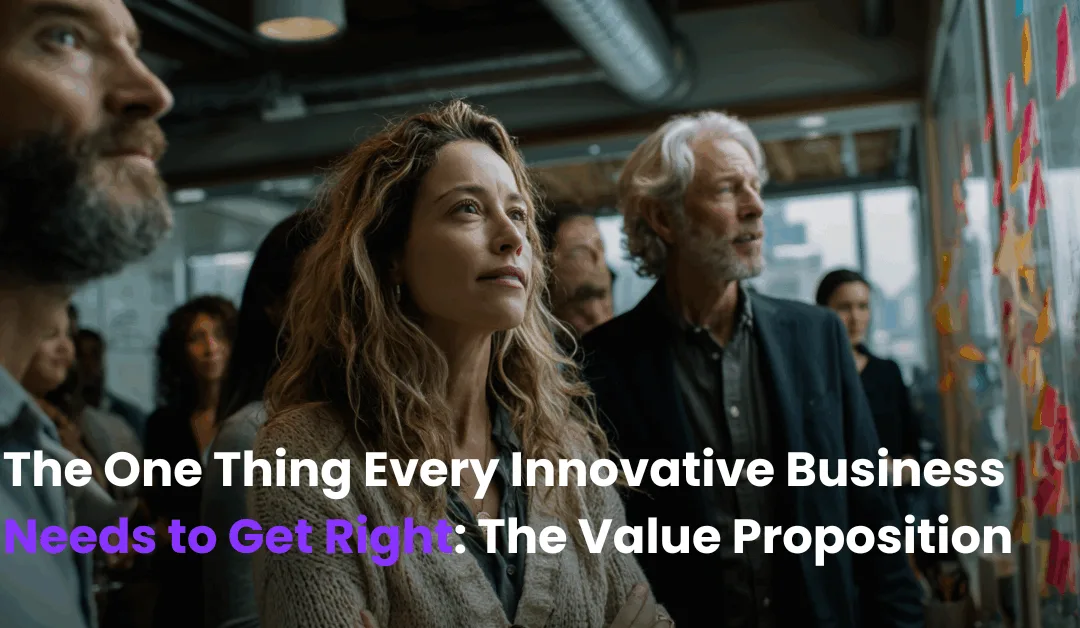
by Gavin Heaton | Sep 23, 2025 | Handbooks, Innovation, Marketing
If you can’t explain your value clearly, your customers won’t either. In a noisy, competitive market, your value proposition is your anchor. It’s the reason people choose you over someone else. It’s what turns attention into action — and action into trust....
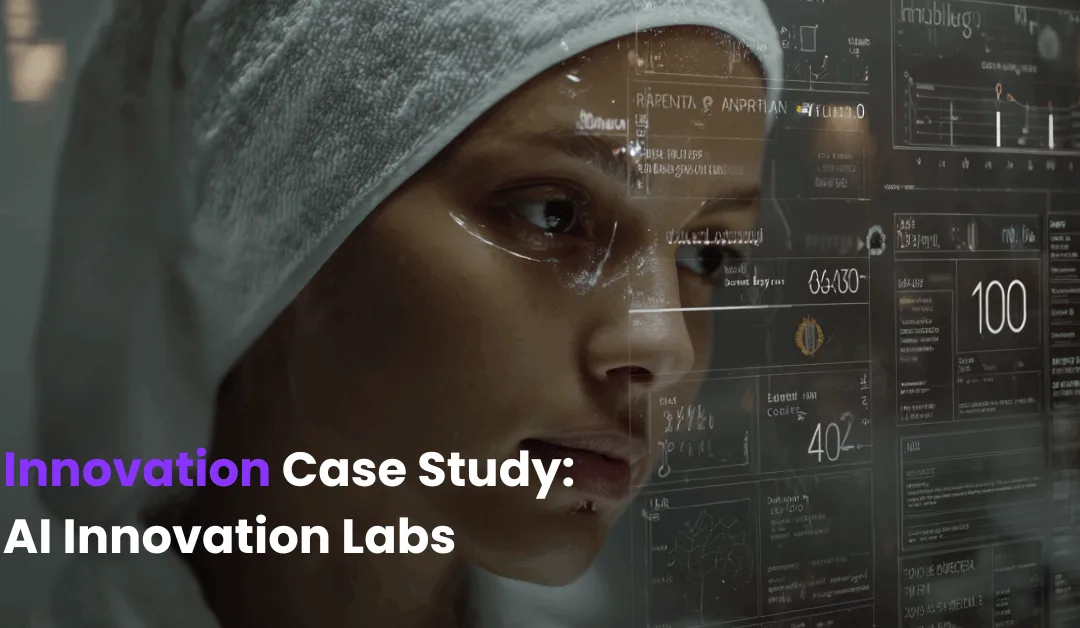
by Gavin Heaton | Sep 9, 2025 | Case Studies, Innovation, Innovation Labs, Innovation Stories, Science, Trends
How many times have you asked a question and then found an entire project spins around and launches into a new direction? We believe this is the power of data, creativity and ingenuity. In this innovation case study on telehealth, a whole new model of care emerged...
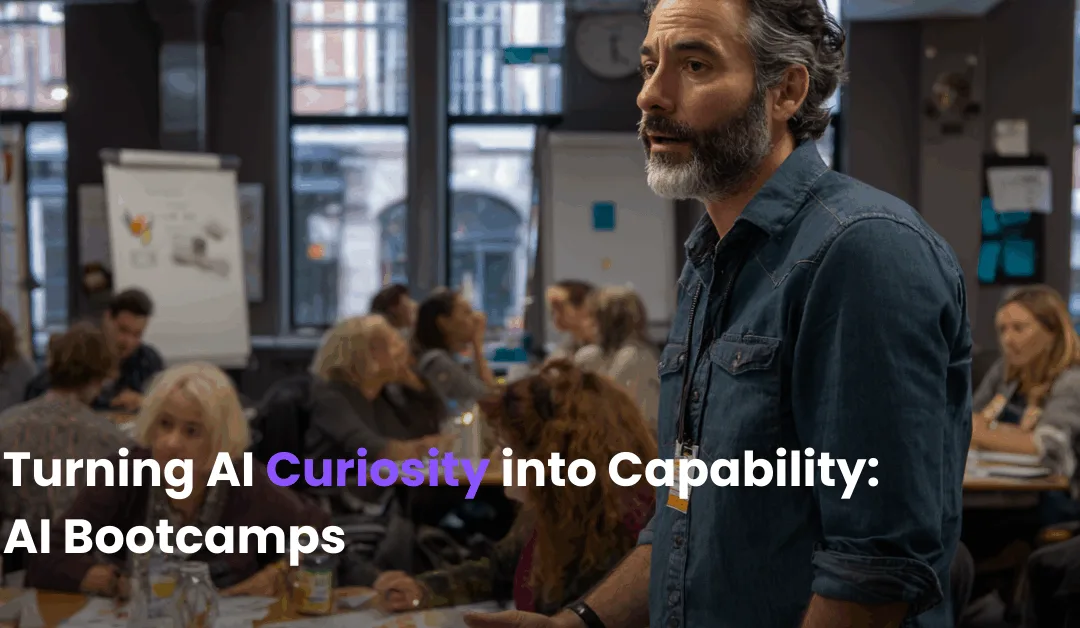
by Gavin Heaton | Sep 3, 2025 | Artificial Intelligence, Change management, Innovation
Australia’s productivity slowdown is no secret. The Productivity Commission’s recent report made it clear: if we want to stay competitive, we need to accelerate digital adoption and find smarter ways to work. At Disruptors Co, we believe one of the most powerful...

by Gavin Heaton | Sep 1, 2025 | Handbooks, Innovation, Product Management
Why do so many promising ideas fail? It’s not that we don’t have great ideas but because they are built on assumptions – not on insight. And after running dozens of accelerator programs and supporting hundreds of startups, we know that customer conversations...







